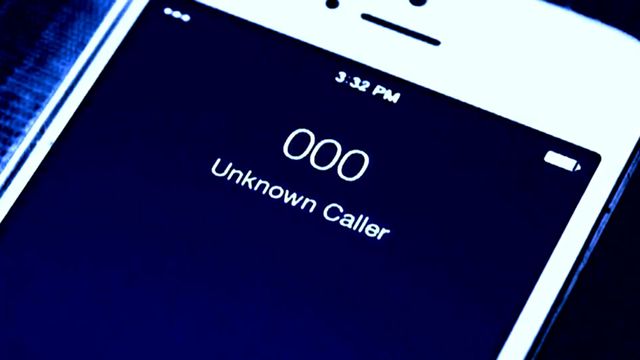Deadline for phone companies to block robocalls is finally here
The deadline for phone companies to block robocalls is next week, and representatives for AT&T, Verizon and T-Mobile all said Friday that they will meet that deadline.
Posted — UpdatedThe technology framework, called STIR/SHAKEN, works like this: When someone is making call, their carrier verifies their number. As the call travels to its destination, any intermediate carriers along the way also verify the number. Finally, the phone company of the person on the receiving end of the call also signs off, allowing the call to go through.
"These are frustrating and annoying calls, but they also victimize many folks," she said, noting that the calls are responsible for more $10 billion in fraud losses every year.
Robocalls are already decreasing in advance of the deadline. Craig said they dropped by about a third over the summer as phone companies adopted the new protections, and they should drop more next week, although smaller telecommunications providers have two more years to get their STIR/SHAKEN protections in place.
"These new rules won't apply to text, which is something that we are seeing pop up as a result – folks sort of switching their methods of reaching out for these scams," she said.
Consumer advocates are urging the FCC to adopt rules requiring companies to block spam texts as well.
"The rules are not quite in place for those texts or text scams yet, so [there's] a little bit of work to do to sort of catch up on that and make sure that we're getting ahead of the curve there," she said.
• Credits
Copyright 2024 by Capitol Broadcasting Company. All rights reserved. This material may not be published, broadcast, rewritten or redistributed.






